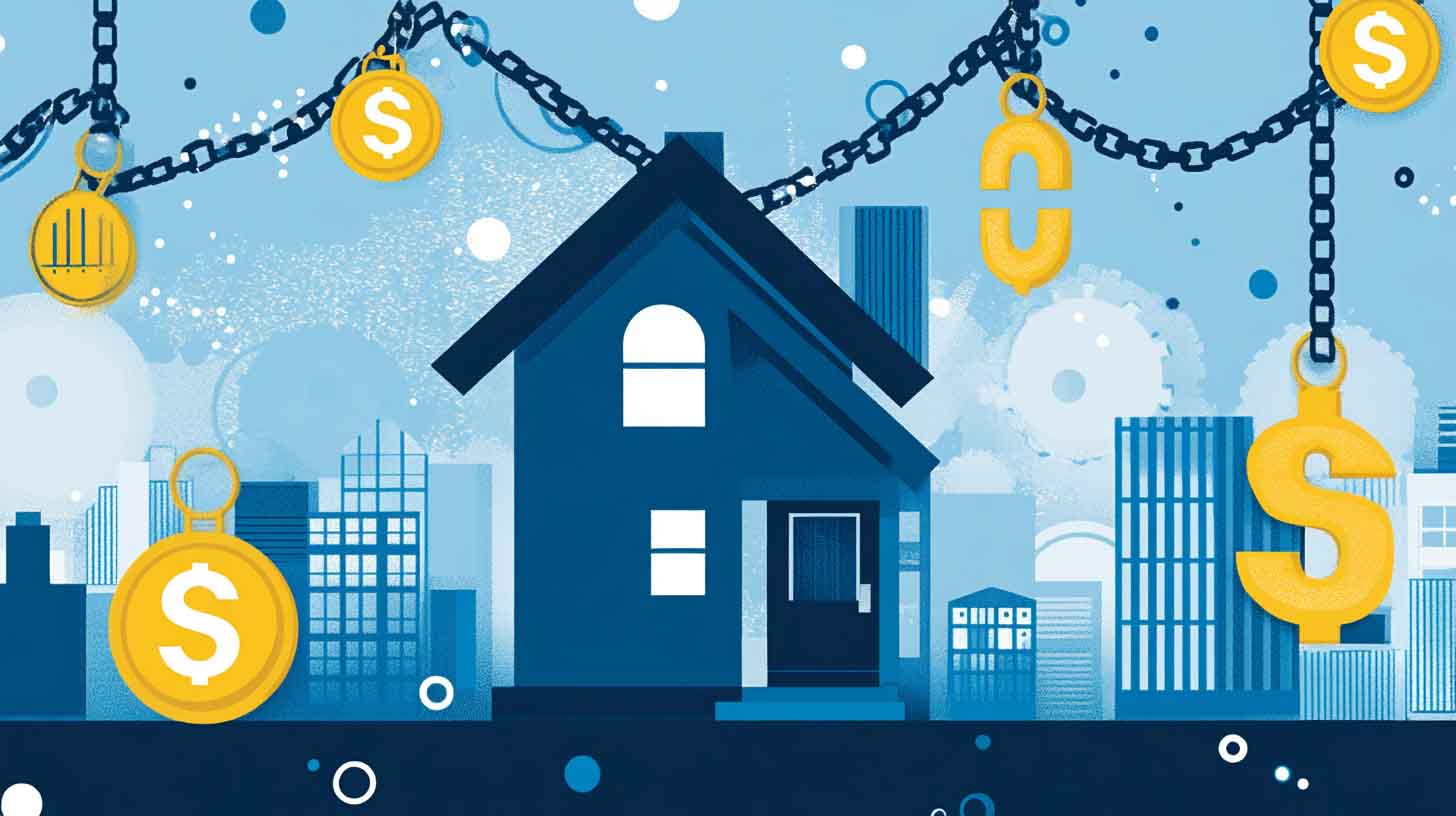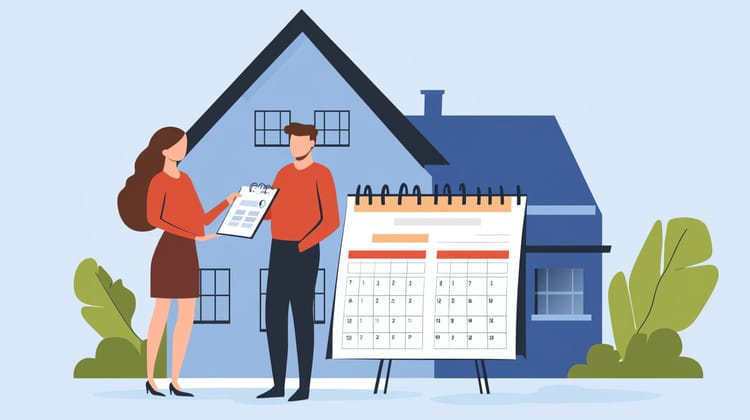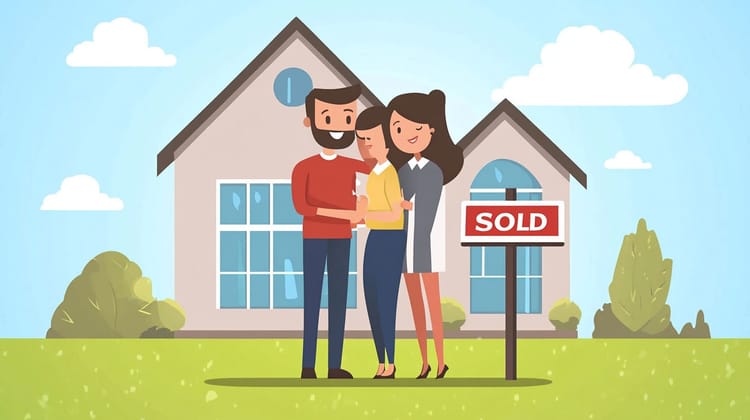What is an FHA Loan?

If you’re a first-time homebuyer, navigating the world of home loans can feel a bit overwhelming. There are so many options, terms, and abbreviations that it’s easy to get lost in the mix. One term you’ve probably heard a lot is FHA loan. But what exactly is it, and how can it help you buy your first home? Let’s break it down in simple terms.
The Basics: What is an FHA Loan?
An FHA loan is a type of mortgage that’s insured by the Federal Housing Administration (FHA). This means that if you, as the borrower, default on the loan, the FHA steps in to cover some of the losses for the lender. Because of this added protection, lenders are more willing to offer loans to buyers who may not have a perfect credit score or a large down payment.
In other words, an FHA loan can make homeownership more accessible to people who might not qualify for a conventional loan. That’s a big deal, especially for first-time buyers.
Key Benefits of FHA Loans
- Lower Down Payments
One of the biggest advantages of an FHA loan is the ability to put down a smaller down payment. While conventional loans often require a down payment of 10% to 20%, FHA loans allow you to get into a home with as little as 3.5% down if you have a credit score of 580 or higher. This can be a game changer if you haven’t been able to save up a big chunk of money for your first home. - More Flexible Credit Requirements
If your credit score isn’t where you’d like it to be, don’t worry. FHA loans have more lenient credit requirements compared to conventional loans. You can potentially qualify for an FHA loan with a credit score as low as 500, though you’d need to put down at least 10% in that case. - Easier Debt-to-Income Ratio Limits
Lenders look at your debt-to-income ratio (DTI) when deciding if you qualify for a mortgage. This ratio compares how much money you owe each month to how much money you earn. FHA loans tend to be more forgiving on this front, which means you might qualify for a loan even if you have some existing debts like student loans or credit card balances. - Gifted Down Payments
Another great perk of FHA loans is that your down payment doesn’t have to come entirely from your own pocket. FHA loans allow you to use gifted money from family members, friends, or even charitable organizations to cover your down payment.
Are There Any Downsides?
Of course, FHA loans aren’t perfect for everyone. It’s important to understand the potential downsides before jumping in.
- Mortgage Insurance Premiums (MIP)
Because FHA loans are designed to help borrowers with less-than-ideal credit or low down payments, they come with mortgage insurance premiums. You’ll pay an upfront premium (which is typically 1.75% of the loan amount) and an ongoing annual premium, which is spread across your monthly payments. This can make your loan slightly more expensive in the long run. - Loan Limits
FHA loans have limits on how much you can borrow, which vary by location. If you’re looking to buy a home in an expensive area, you might find that the FHA loan limit isn’t high enough to cover the cost of your dream home. - Property Requirements
The home you’re buying must meet certain standards to qualify for an FHA loan. The property will need to be appraised by an FHA-approved appraiser, and it must meet basic safety and habitability standards. If you’re considering a fixer-upper, this could be a challenge.
Is an FHA Loan Right for You?
So, should you get an FHA loan? It depends. If you’re a first-time homebuyer with limited savings and a less-than-perfect credit score, an FHA loan can be a great way to get into a home without needing a huge down payment. However, if you have a strong credit score and enough saved up for a larger down payment, you might find that a conventional loan offers better terms in the long run.
How to Get Started
If you’re interested in an FHA loan, the first step is to speak with a lender who offers them. They can help you determine if you qualify and walk you through the application process. And don’t be afraid to shop around—different lenders might offer slightly different rates or terms, so it’s worth comparing a few options.
Final Thoughts
Buying your first home is a big step, but it doesn’t have to be scary. FHA loans are designed to make homeownership more accessible, especially for first-time buyers. By offering lower down payments, more flexible credit requirements, and other benefits, an FHA loan could be just what you need to unlock the door to your new home.
If you’re ready to explore your options, talk to a lender today and see if an FHA loan is right for you.




Member discussion